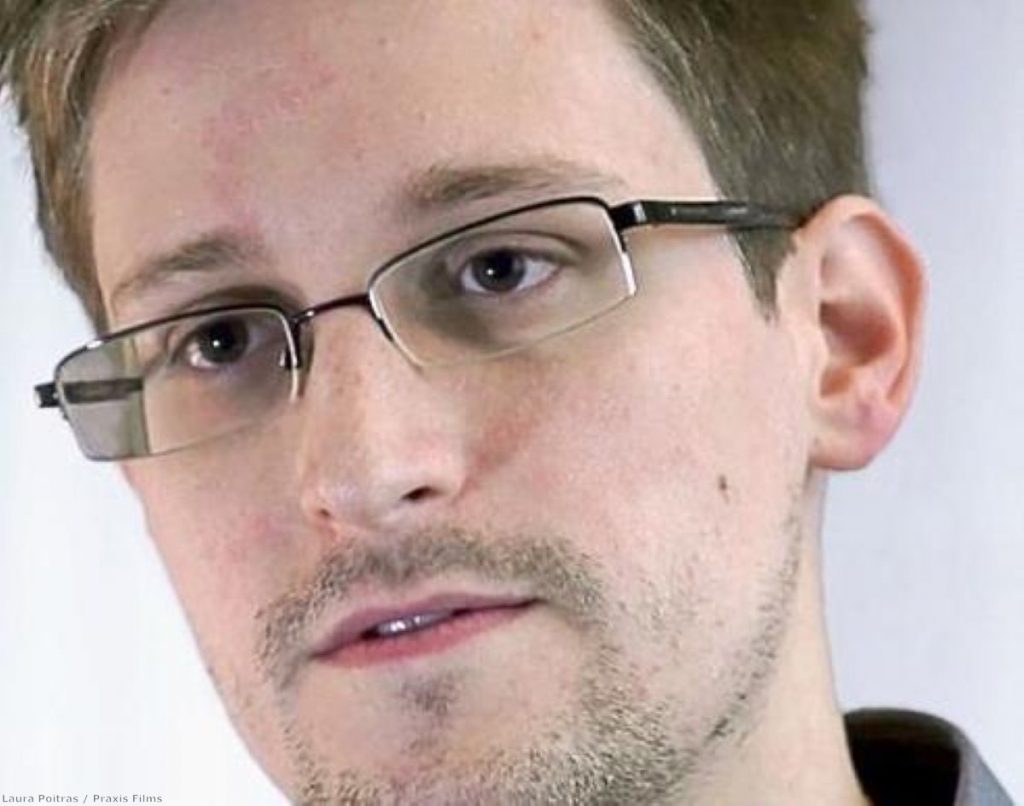Blanket surveillance of UK citizens challenged in court
The blanket surveillance of British citizens by the intelligence services was challenged in court today in a landmark case brought by three leading politicians.
Green party politicians Caroline Lucas and Baroness Jenny Jones and former Respect MP George Galloway claimed the government are breaching the "Wilson Doctrine" which forbids the interception of communications between MPs and their constituents.
They believe that the blanket collection of electronic 'metadata' under the Tempora programme, revealed by Edward Snowden, breaches the doctrine designed to protect citizens' private communications with MPs.
"When Snowden made his revelations about the Tempora programme then it was obvious that parliamentarians were also being swept up in this mass collection of metadata," Baroness Jones told Politics.co.uk.


"The fact is we have people coming to us in great distress who want to give us private and personal details or want to blow the whistle on private companies that are corrupt and those people do expect that their communications with parliamentarians should be privileged and that they are not open to state surveillance," she added.
Under the formerly secret programme, details of individuals' emails, phone calls, and internet histories are collected and stored by the security services.
"The blanket surveillance of the communications of parliamentarians could have a deeply chilling effect on our relationship with the public," Green Party MP Caroline Lucas said.
"Parliamentarians must be a trusted source for whistle blowers and those wishing to challenge the actions of the government.
"My constituents have a right to know that their communications with me are free from blanket monitoring. It's absolutely vital that the trust between MPs and constituents is maintained – and that people feel able to communicate freely with their representatives in parliament."

Baroness Jones speaks to Politics.co.uk outside the court
The Investigatory Powers Tribunal heard evidence this morning of the widespread interception of calls by prisoners to their MPs.
Ben Jaffey of Blackstone Chambers told the tribunal that more than half of all calls made by inmates to members of parliament had been illegally intercepted in the past ten years.
An investigation by the chief inspector of prisons found that of 5600 calls made to MPs since 2006, 3,150 had been unlawfully intercepted and recorded.
The prisons inspectorate also found that 280 calls had been downloaded and listened to by prison officers. In at least four cases, evidence suggested the rules had been broken deliberately.
The inspectorate found there were "insufficient safeguards in place to minimise the risk of privileged calls being listened to."
The claimants believe this suggests a "systemic" wider interception of parliamentary correspondence is likely to be taking place undetected.
They also believe the interception is in contravention of the so-called Wilson doctrine. The Wilson doctrine was established by Harold Wilson in 1966 following revelations that the security services were tapping the phones of MPs.
Wilson declared that MPs' communications would in future no longer be intercepted. Subsequent governments have confirmed the doctrine remains in place. However, the tribunal heard evidence today that serving prime ministers could choose to suspend the Wilson Doctrine without publicly disclosing they had done so.
The doctrine requires the PM to report any "abrogation" of the doctrine to Parliament. However, this declaration could be delayed indefinitely. The tribunal heard that a serving prime minister could authorize the monitoring of their political opponents, without disclosing they had done so for decades to come.
Lucas and Jones insist that they are not demanding that all politicians should be exempt from monitoring, but are calling for "proper judicial oversight" before any future surveillance can take place.
Baroness Jones has extra reason to believe that she has been placed under surveillance. Last year, she discovered that her name was included on a list of "domestic extremists" by the Metropolitan police.
A freedom of information request revealed the police had been tracking her appearances at political events and rallies since 2001. Records of her social media activities were also logged.
Jones told Politics.co.uk she was fighting to prevent the general public being swept up by blanket state surveillance.
"This is a tiny part of the state surveillance that we are all under at the moment," she said, speaking outside the court.
The tribunal is set to hear evidence from the security services and the government over the following days.









